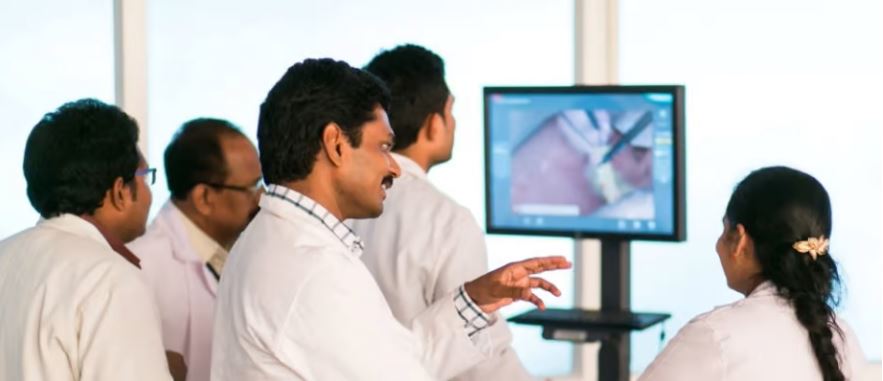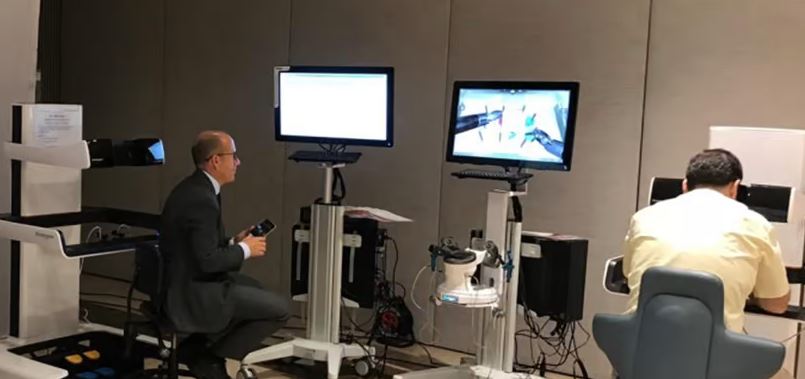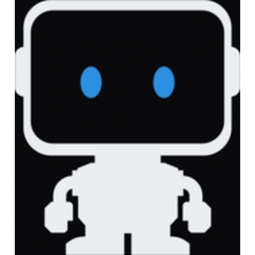公司规模
Large Corporate
地区
- America
国家
- United States
产品
- DataRobot AI Cloud
- MLOps
- AutoML
技术栈
- Data Science
- Machine Learning
- Cloud Computing
实施规模
- Enterprise-wide Deployment
影响指标
- Customer Satisfaction
- Productivity Improvements
技术
- 分析与建模 - 机器学习
- 基础设施即服务 (IaaS) - 云计算
适用行业
- 教育
适用功能
- 人力资源
- 商业运营
服务
- 数据科学服务
关于客户
佛罗里达国际大学是一所排名前 50 的公立大学,为迈阿密和全球培养真正的人才和创新人才。在 FIU,高研究活动和高社会流动性相结合,提升并加速了全球城市学习者在环境、健康、创新和正义领域的成功。如今,FIU 拥有两个校区和多个中心。FIU 拥有超过 58,000 名学生和 260,000 名 Panther 校友。《美国新闻与世界报道》将 FIU 的数十个课程列为全美最佳课程,其中国际商务课程位列第二。《华盛顿月刊》将 FIU 列为对公共利益贡献最大的 20 所公立大学之一。
挑战
佛罗里达国际大学 (FIU) 是一所排名前 50 的公立大学,拥有超过 58,000 名学生和 260,000 名 Panther 校友。这些学生中有许多来自低收入地区,或者可能是第一代上大学的人。该大学采取积极主动的方法来留住学生,这取决于发现问题迹象。然而,FIU 以前使用的建模工具产生的结果不准确,并且需要大量的手动输入。这些现成的解决方案并没有针对其机构的细微差别进行量身定制,它们会标记实际上没有风险的学生。
解决方案
FIU 转向 DataRobot 基于云的增强智能和 ML 平台,以缩短建模时间、实现更多定制预测并降低成本(与本地选项相比)。该大学将许多变量纳入模型,以确定帮助学生的机会,从获得的学分数到成绩再到财务挑战。战略数据分析助理主任 Paden Goldsmith 在 DataRobot 数据科学专家的帮助下不断评估哪些数据将有助于预测学生的成功。然后,大学采取措施帮助学生留在学校,从辅导到成功指导再到寻找经济援助解决方案。
运营影响
数量效益

Case Study missing?
Start adding your own!
Register with your work email and create a new case study profile for your business.
相关案例.

Case Study
Revolutionizing Medical Training in India: GSL Smart Lab and the LAP Mentor
The GSL SMART Lab, a collective effort of the GSL College of Medicine and the GSL College of Nursing and Health Science, was facing a challenge in providing superior training to healthcare professionals. As clinical medicine was becoming more focused on patient safety and quality of care, the need for medical simulation to bridge the educational gap between the classroom and the clinical environment was becoming increasingly apparent. Dr. Sandeep Ganni, the director of the GSL SMART Lab, envisioned a world-class surgical and medical training center where physicians and healthcare professionals could learn skills through simulation training. He was looking for different simulators for different specialties to provide both basic and advanced simulation training. For laparoscopic surgery, he was interested in a high fidelity simulator that could provide basic surgical and suturing skills training for international accreditation as well as specific hands-on training in complex laparoscopic procedures for practicing physicians in India.

Case Study
IoT platform Enables Safety Solutions for U.S. School Districts
Designed to alert drivers when schoolchildren are present, especially in low-visibility conditions, school-zone flasher signals are typically updated manually at each school. The switching is based on the school calendar and manually changed when an unexpected early dismissal occurs, as in the case of a weather-event altering the normal schedule. The process to reprogram the flashers requires a significant effort by school district personnel to implement due to the large number of warning flashers installed across an entire school district.

Case Study
Implementing Robotic Surgery Training Simulator for Enhanced Surgical Proficiency
Fundacio Puigvert, a leading European medical center specializing in Urology, Nephrology, and Andrology, faced a significant challenge in training its surgical residents. The institution recognized the need for a more standardized and comprehensive training curriculum, particularly in the area of robotic surgery. The challenge was underscored by two independent studies showing that less than 5% of residents in Italian and German residency programs could perform major or complex procedures by the end of their residency. The institution sought to establish a virtual reality simulation lab that would include endourological, laparoscopic, and robotic platforms. However, they needed a simulator that could replicate both the hardware and software of the robotic Da Vinci console used in the operating room, without being connected to the actual physical console. They also required a system that could provide both basic and advanced simulation training, and a metrics system to assess the proficiency of the trainees before they performed surgical procedures in the operating theater.

Case Study
Edinburgh Napier University streamlines long-distance learning with Cisco WebEX
• Geographically dispersed campus made in-person meetings costly and inconvenient.• Distance-learning programs in Malaysia, India, and China required dependable, user-friendly online tools to maximize interaction in collaborative workspaces.• Virtual learning environment required a separate sign-in process, resulting in a significant administrative burden for IT staff and limited adoption of collaboration technology.

Case Study
8x increased productivity with VKS
Before VKS, a teacher would spend a lot of time showing a group of 22 students how to build a set of stairs within a semester of 120 hours. Along with not leaving the teacher much time to provide one-on-one support for each student to properly learn carpentry, it also left a considerable amount of room for error. Key information would be misinterpreted or lost as the class was taught in the typical show-and-tell way.

Case Study
Scalable IoT Empowering GreenFlex's Sustainable Growth
GreenFlex, a company that supports sustainable development, decarbonization, and energy efficiency, faced several challenges in its quest to expand its business. The company needed to deploy a robust and sustainable IoT technology to support its growth. It was crucial for them to monitor and control devices at customer sites in a safe and reliable manner. They also needed to integrate devices across a range of communication protocols and gather and act on data to meet efficiency targets. GreenFlex had previously built IoT capabilities into its digital platform, GreenFlexIQ, to monitor and manage customer sites remotely. However, they soon realized that they needed a new platform to support their ambitions. They needed a platform that could scale to connect more devices for production management and make it easier for the operations team to manage devices in the field.






